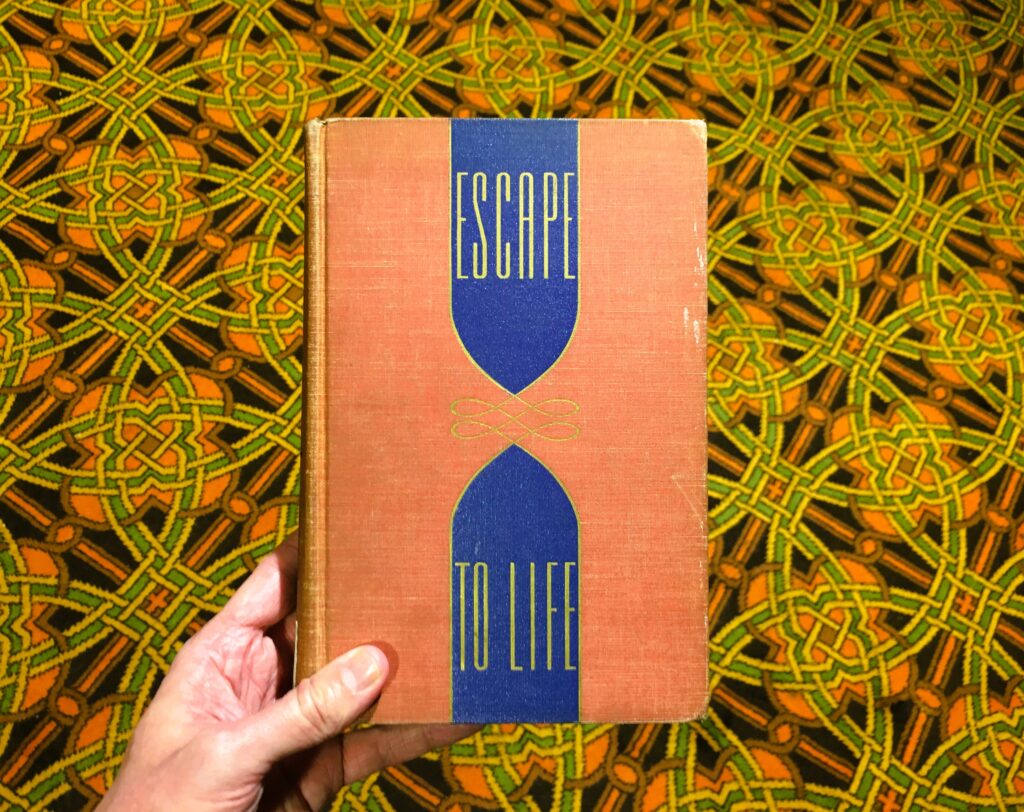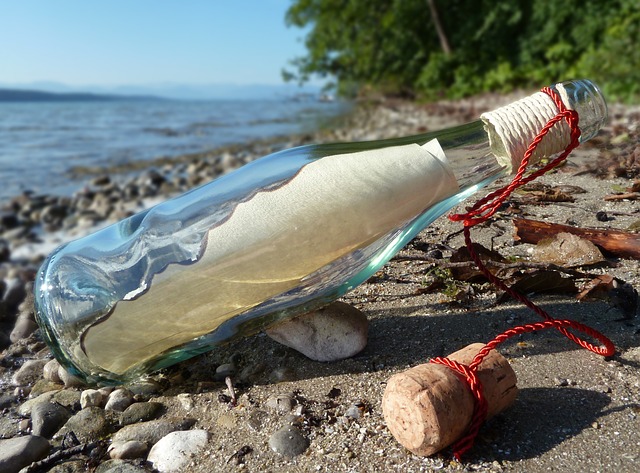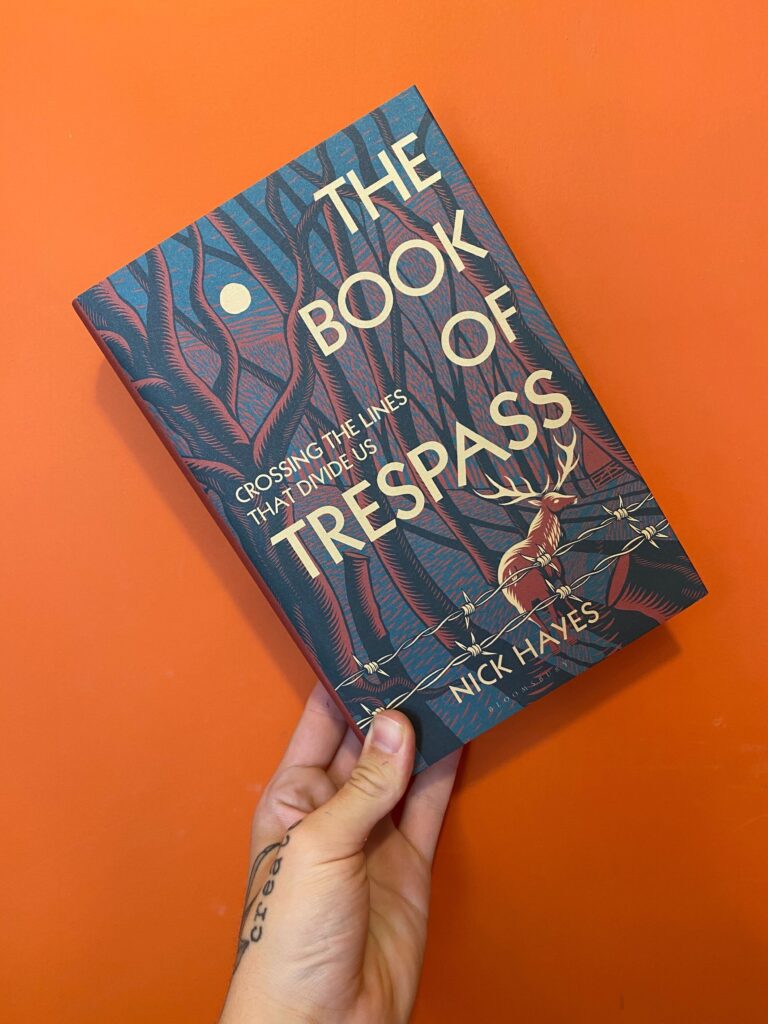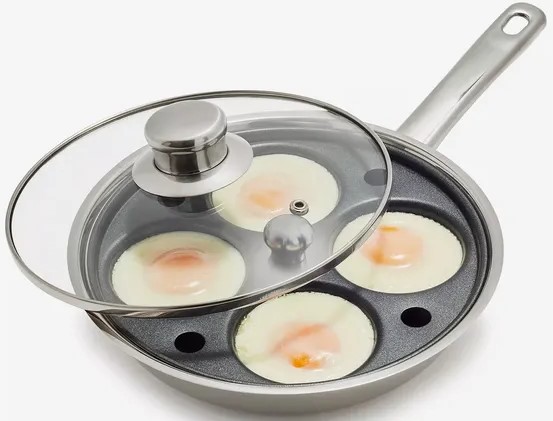Klaus und Erika
They literally had to run for their lives, but they did it in great style.

Any slob can read the PDF but I finally got my hands on the real McCoy.
*
Speaking of the real McCoy, grab yourself some real print for your real eyeballs in our unreal shop.
Kick This Place
Hey look, it’s a workplace woe:
I’m a pawn, a worm, and a fart.
To the people who pay my paycheck, I’m a scheduled layoff.
They’ve slow-fired my coworker, who is now stuck in semi-hired limbo. It’s as confusing as it sounds. They still expect him to do a good job too.
I hope he finds a new job soon so he can kick this place.
From a nice post on the fast web.
1999: The Year of the Cubicle Movie
[Unlike] monster movies showing cold war anxieties and 21st-century horror movies conveying fears of acts of terror, [the films of 1999] were not about surviving the present, because the present was actually going well. They were about being tired of that stable present and looking for a radically different future.
Maybe. Maybe-maybe. For me it was more about being told to sit down and shut up after three years of reading Foucault in a university library and having the youthful desire, no the need, to strike out into art and tear the world to pieces. And not being allowed to. For reasons I’m still not completely clear on.
He’s right to note that The Matrix, Office Space, Fight Club, American Beauty, and Being John Malkovich were all released in 1999 and all feature “a main character tired of the stability, monotony, and uneventfulness of their [lives].”
That uneventfulness, to me, didn’t come from “the present going well,” by which he means culturally and economically at a macro level, but from the first cracks appearing in the old doxa that “people go to work and that’s that” and the widespread failure to understand the opportunities presented by the internet.
*
Letter to the Editor: Stuff for Your Stuff
To send a letter to the editor, simply write in. You’ll get a reply and we’ll anonymise any blogged version.

Friend Paula writes:
Your mention of the egg poaching cups and of excess production reminded me of a thought I had recently: one signal that you are consuming too much is when you start buying stuff for your stuff.
A tea cozy for your kettle or socks for your golf clubs or a fluffy cover for your toilet lid (yes, these exist). Even buying storage stuff for your stuff can lead to realizing you have some space to fill and buying more stuff.
With our tiny house we have optimized space to the point that if we optimize or organize any further we will suddenly have storage space available. And nothing good ever happens in that situation.
In defence of our tiny house, we built it with the intention that it would outlive us and with the notion that we would be able to hold and protect the forest on our property (about five acres worth, plus a protected wetland) until we are gone. We took only as much clearing as we needed to build the house and are preserving the rest.
We do miss the access aspect of city living sometimes. But there are compensations in the form of endless forest baths and peace and quiet (of the forest variety, which is not really silent at all – at least not all the time.)
Cheers,
P
Heterotopias

Returning to The Book of Trespass, there’s a chapter about Grow Heathrow, a live-in protest encampment that ran for 19 years. Nick Hayes notes that:
Foucault has a word for places such as these. He called them heterotopias — spaces of outsiders forged deep inside society, spaces that reflect the orthodoxy of that society by arranging themselves differently. These spaces are distinct from utopias in that they are real, they actually exist, and they manifest their ideologies in real space. Someone has done the plumbing, set up the solar panels, installed the long-drop compost toilet. They work; there are alternatives.
Yes. Yes. Yes. There are alternatives. Some are not merely theoretically. We can point directly at them. We can go there.
The Findhorn Community in Scotland springs to mind. The Centre for Alternative Technology in Wales. Until last month there was Schumacher College in England.
It’s not just the big institutional ones either: every tiny home, every squat, every not-for-profit or public interest company, every commune, every inhabited van or canal boat, every tent-as-residence, every magazine that refuses adverting (!). There are thousands of heterotopias, thousands of alternatives, out there. Maybe millions. Isn’t that exciting?
See also: experiments in living, as discussed by another philosopher John Stuart Mill.
We should all be on the lookout for heterotopias. Tell others about them. Believe in alternatives.
Update: My other notes from The Book of Trespass, though they may not be as directly Escapological as this one and may also deluge you, are here.
*
Naughty, Idle, Ungodly

The Book of Trespass by Nick Hayes (who was a very early contributor to New Escapologist, fact fans) is brilliant. It’s well researched and far wider reaching in its politics than I had imagined.
In my bones I like the idea of trespass — of sticking it to impossibly wealthy gods of the establishment with little more than fleet-of-foot mischief — but the book goes intelligently into the intersections of racism, feminism, slavery and many other topics, underpinned as they are by exclusion and enclosure and may one day be brought to heel by a mass movement in land justice. As well as telling unapologetically magical stories of walks in the countryside, Hayes makes painstaking research dives into law and statute. It’s a remarkable book.
The crossover of trespass and escape is probably obvious — we aspire to wander — and we’ve covered the arts of trespass in the magazine, perhaps most prominently in Issue 12. But look at this majesty from Hayes’ chapter on gypsies and vagabonds:
In 1388, the Statute of Cambridge placed […] restrictions on the movement of people […] The law applied to a broad church of people: itinerant labourers, tinkers, pedlars, unlicenced healers, craftsmen, entertainers, prostitutes, soldiers and mariners. They were freelancers whose jobs did not require them to be tethered to one place or another. They were called ‘masterless men,’ and they roamed as lone wolves or packs of wild dogs, haunting the countryside, towns and minds of their betters. […] Vagrancy was vague — it sought to criminalise not antisocial behviour, but rather a state of being, a social and economic status, a type of person.
Then, under an Act of law set by Queen Mary in 1554, Gypsies and vagabonds would be hanged.
However, in a detail that expresses the real root of the fear, the legislation allowed them to escape prosecution as long as they abandoned their nomadic lifestyle or, as the Act put it, their “naughty, idle and ungodly life and company.” It was not their race, origin or palm reading that upset the state, it was their mobility.
concluding that:
Fixity is the orthodoxy of the modern European age […] Property simply cannot comprehend mobility.
Couldn’t have put it better myself.
I’ll probably have more to say about the book as I progress, but there’s clearly so much of value and interest to Escapologists in The Book of Trespass that you might as well just get it. It’s abundant in libraries or can be bought practically anywhere.
*
Experience
I don’t know who this guy is or where I found the quote, but it was staring up at me from my notebook this afternoon.
Joseph Campbell, The Power of Myth:
People say that what we are all seeking is a meaning for life. I don-t think this is what we’re really seeking. I think what we’re seeking is an experience of being alive.
I think that’s very true.
“The experience of being alive” — or rather the confirmation of it — is the opposite of what we get when sweating at a desk in front of a monitor screen for some guy we’ve never met or barely know.
It’s the opposite of that braindead feeling that comes from commuting, making smalltalk with people we don’t particularly care for, watching television, eating junk.
It’s that sparky feeling we get instead when we do something worthwhile, something with a sense of connection, something that genuinely translates to value or positivity in the world.
So it might not be ‘meaning’ we’re looking for in life (which, we all know, is nonsense when you put it into a computer) but experience. I think that’s great. Direct, soul-pleasing, non-intellectualised experience.
Something that tells you “you’re here, right here, right now.”
*
Letters to the Editor: Probably Too Unsafe
To send a letter to the editor, simply write in. You’ll get a reply and we’ll anonymise any blogged version.

The sleeping coffins thing seems to have captured people’s imaginations.
Reader X emails:
I think the mobile coffin/tent idea is probably too unsafe, but I’ve long thought that cities need ‘nap hotels’ that you can rent with a card swipe.
Japan obviously has capsule hotels that sort of check the checkbox, but imagine being in a city for a weekend and just needing a capsule for the night, or even a quick nap between outings. I would use that!
I travel a ton and often pay extra for late check-out just so I can explore in the morning, come back to the hotel for a quick nap, and then leave.
I could see this being an option in other places too – national parks where people do multi day hikes? Have a hostel-type building where people can shower and chill but also have individual sleeping pods?
*
Reader Tom comments:
Genius! I can see Sleeping Coffins inc. needing zero marketing for the goth crowd. For the rest of the public…
While doing some research on bivy sacks, I found this gem of a tip from a manufacturer of such equipment: “Cinch the bivy’s hood down around your face, but avoid breathing inside the bivy which can create condensation.”
Not sure if they mean don’t breathe at all? Definitely a body bag in that case!
*
Reader Russell comments:
When I visited the Greek island of Hydra (a wonderful town devoid of cars and full of cats) I almost slept under a tree near a monastery to avoid hotel fees.
In the end it rained, and I had an (unwarranted) feeling that I would be scolded by someone for slumming it, so I scampered back to civilization. Next time I’ll arm myself with a bivy sack and more courage!
*
Hi everyone.
Russell, you should listen to the episode of Uncanny where two Belfast boys sleep rough beneath a bridge only to be farted on by a French goat encounter the devil himself.
Tom, soon, being dead will be the only way to rest in a city for a decent price so maybe we should just get this business started up!
Reader X, I like the idea of a nap hotel. Hostels can facilitate that, I suppose, though sometimes you can’t check in until 3pm, which sorely limits the napportunities.
Incidentally, I stayed in a capsule pod in London recently. It’s in a hostel I’ve started using on trips to the capital. To rent a dorm bunk at this hostel costs about £23, which is incredible by London standards, but they also offer a pod for about £50. I decided to try a pod this time, but there’s really no advantage over a curtained bunk. You have control of your own ambient lighting but I’m not really sure there’s any point to that when (and this is the way I sleep but others may have a different approach) your eyes are closed.
On Redundant and Neglected Objects

Comedian Richard Herring (who we interviewed way back in Issue 10) is moving house. Packing up his kitchen stuff, he writes in his blog that
it’s weird to touch every single thing that you have in your kitchen in one weekend. And realise that for many things it’s the first time you’ve touched them since you’ve bought them.
As a regular reader of his blog, I know that Rich prides himself on a certain material efficiency. He’s keen on recycling, for example, and on getting every last drop of utility out of single-use carrier bags. And yet…
I rarely if ever have poached eggs at home, but for some reason had at least five devices designed to give you the perfect poached egg that I HAVE NEVER TRIED OUT! Well I did have. Now they’re in a box to go to charity for someone else to buy, put in a drawer and NEVER USE.
Those egg poachers will probably survive way longer than anyone who is alive today and yet never fulfil their purpose of poaching an egg. I don’t know whether to feel sad for them or happy. Is that a life well lived or a waste of existence[?]
I firmly believe it’s a waste of existence. Imagine being one of life’s understudies and never getting to step into the spotlight.
It’s something that bothers me, actually. If I have anything redundant in my home (let alone five of them), I feel sad about it. I want everything in my home to be used. No one thing should be neglected.
Part of my feeling this way comes from my theory that waste happens at the point of origin, not at the moment of disposal. The waste occurs when the raw materials are torn irreplaceably from the earth. If we never mined or extracted oil again and had a completely circular economy, there would be no more waste. Every egg poacher in the world would be either used or stripped for its materials to make something that can be used.
Too much emphasis in eco-guidance falls into the categories of reuse and recycling: not enough people call for reduction. Reuse and recycling theoretically delay more waste from happening, but only a reduction in objects being produced will really solve our problems. And if we want to reduce the number of objects in the world, the first objects to be eliminated should be the redundant ones.
or should I stop giving inanimate objects the power of thought and emotion[?]
It’s called Kami in Japan, the idea that everything has a soul, even inanimate objects. Even if that’s not “real,” it’s useful to keep in mind when deciding if something is living up to its potential or not. It’s perfectly possible for an object to “experience” neglect, exclusion or redundancy.
Oddly enough, the most redundant items in my home are also egg-related: two eggcups. They’re of a groovy mid-century design and taken from my grandparents’ kitchen along with some other bits and bobs when they died. I don’t eat boiled eggs very often so they don’t really get used enough. They’re on the chopping block of minimalism really, but I like them. So I’d better start eating boiled eggs.
*
New Escapologist Issue 16 is available in both print and digital formats.



